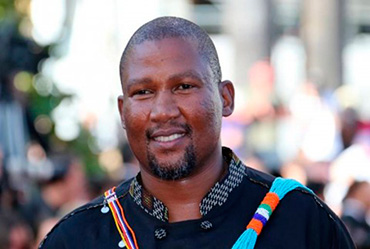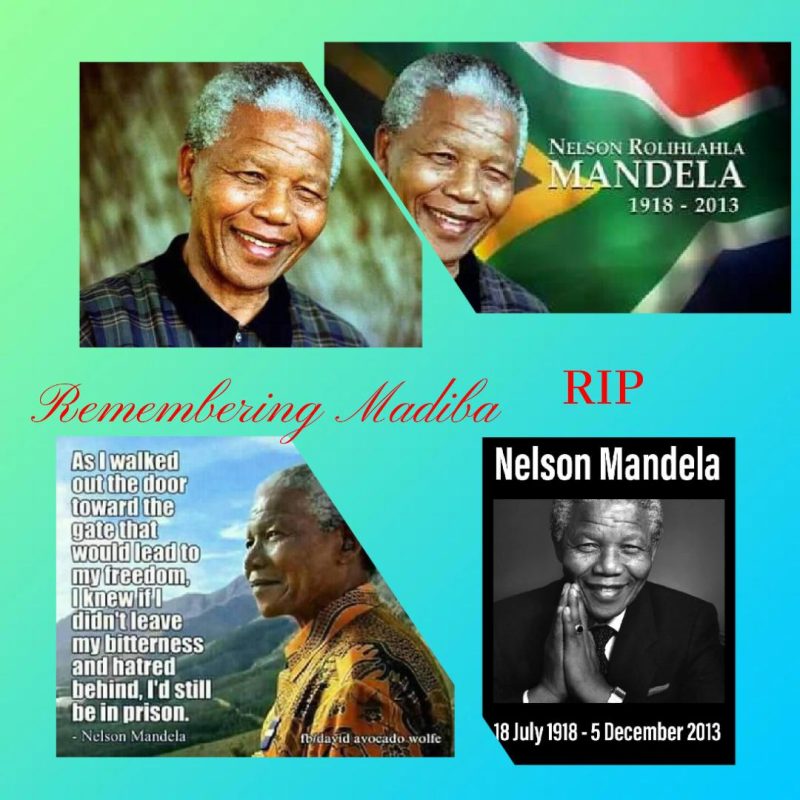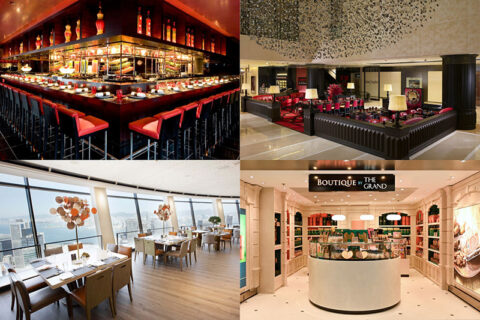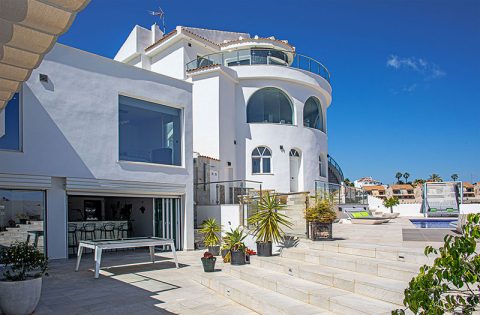The 5th December 2022 marks the 9th Anniversary of the passing of President Nelson Rolihlahla Mandela, the first democratically elected president of the Republic of South Africa. South Africa in 1994 was fraught with challenges and contradictions as it is even now.
President Mandela and his cabinet inherited a fiscus on the brink of bankruptcy with odius debt of USD 270 billion precipitated by over 300 years of land grabs, corruption on a grand scale and the entrenchment of crony capitalism under the Apartheid regime.
Just one example of that is the De Beers Act of 1970 that enabled this entity to only declare 10 percent of the diamonds that they mined. Perhaps there is some plausible explanation for this and what happened to the revenue and tax implications of the missing 90 percent. Perhaps it too was stashed on some remote rural farm in the Free State.
Yes it is argued that Madiba and his government inherited world class infrastructure, roads and industry and the task of the democratic state was to build on this edifice. However, along with this ‘incredible infrastructure’ it was also bequeathed the legacy of rank inequality, endemic poverty and the unenviable task of undoing the effects of deep rooted Apartheid social engineering.
So, as we reflect on his passing, we are cognisant of the many challenges we face. We have major challenges persisting especially in terms of energy and water resource but we have not yet reached the devastation of Ukraine, Syria, Lebanon, Yemen, Iraq and Palestine.
At the dawn of democracy South Africa’s GDP stood at USD 136 billion and by 2011 had tripled to USD 416 billion within two decades of democracy. It bolstered the growth of a middle class but didn’t do enough to bridge the chasm of inequality.
We built 7 million new homes and our city centres and urban residential and property markets boomed. We built thousands of new schools, colleges and universities. We connected millions to water and power even as the ailing municipalities we inherited from the Apartheid state went further into atrophy and financial ruin.
We are to some extent a victim of our own success and at the same time ourselves responsible for the mess. Once arguably the cheapest producer per unit cost of electricity after Venezuela, what South Africa has witnessed unfolding over the past decade or so at Eskom is beyond belief.
With Koeberg now forty six years old and its 40 year operational licence approaching fast in 2024, we have to accelerate the roll out of alternative energy solutions at a quantum pace. On this anniversary of Nkosi Dalibhunga’s passing we must keep the doomsayers at bay.
The situation with respect to the global water crisis impacted by climate change conditions is another area impacting our national life and will remain a formidable challenge into the near future. We have already witnessed devastating floods in some parts of the country and life threatening droughts in others.
Yes we have much to be concerned about as a nation.
Many point to the Phala Phala saga as evidence of the final collapse. It is far from the truth and those who push such an agenda have more in common than anyone else. The opposition are gleefully rubbing their hands in anticipation and elements in the ANC continue to fumble and be tripped up by its divisive internal shenanigans driven by agendas of survival and self-preservation.
Regardless of what happens at the ANCs 55th National General Conference (NGC) later this month, the drive to root out corruption must and will continue. It is the only way to restore faith and ensure that the agenda of renewal and rebuilding remains firmly on track.
In honouring the legacy of President Mandela we must continually ask ourselves what must be done. The answers and solutions may be complex and perhaps beyond immediate resolution. What is needed is not more finger- pointing; we need to take individual and collective ownership and responsibility.
Madiba reminded us that poverty is man-made and is not beyond our ability to remedy and resolve. I daresay that this applies to other areas of our national life.
Our big three requires a different game-plan. Poverty, inequality and unemployment. Whilst we celebrate our world class malls and shopping centres and the advances made in online digital marketing it leaves many questions unanswered.
A visit to any of the malls and shopping centres in any of our cities begs the question: what poverty, what inequality and what unemployment? Whilst the bustling activities this time of the year camouflages the harsh economic realities post covid, there is some glimmer of hope on the horizon.
Many urban, peri-urban and rural individuals and communities are taking to beating poverty and unemployment through self- reliance in the form of food gardens, home industries and other micro enterprise activities.
Poverty can be beaten but the rank inequality that has persisted over the last three decades of the democratic dispensation is another story. The ANCs attempts at addressing this inequality has floundered at the doorstep of largely unwilling owners of land, industry and mining corporations.
We have yet to give full expression to “South Africa belongs to all who live in it, black and white” as advocated in the Freedom Charter. Inequality is by far our most vexing problem as our efforts at legislative transformation has tripped up on the doorsil of corruption and tenderpreneurs.
That is not to say that the successive iterations of transformation, empowerment and BBBEE initiatives have entirely floundered. On the contrary a healthy black middle class is emerging but it is evidence of our failure rather than success or rather the success of the few rather than the generality of our people.
We need mass intervention in mainly deep rural communities through restitution of traditional lands and boosting interventions in the economic value chains of mining, agriculture and manufacturing.
We require a skills revolution that can support and enable such interventions. Elements of these interventions exist in government programmes and in the NGO and private sectors. We just need to rapidly intensify and improve coordination as if people’s lives depends on it. Business as usual will not work and will most certainly be to our detriment.
This is usually a quiet and restive time for our family as we contemplate the loss of someone who was taken away from us in the prime of his adult years and returned to us in the twilight years of his life. We honour the immense sacrifices he and others of his generation and those before them made.
It is a humbling thought that what was once considered impossible became a reality. So it is in his honour we call on South Africans and all freedom loving people of the world to strengthen the fight against poverty, inequality and the loss of hope.
We are inspired by him and that gives us hope and encourages us to carry on the struggle. Many South Africans watch in trepidation the countdown to Nasrec as ANCs NGC 2022 rapidly approaches. Despite the prognostications of the prophets of doom and gloom, all will be well.
The ANC remains our home and the home of the majority of South Africans. Even those who don’t vote or support the organisation recognise that it is such a large part of the national life of this country, it cannot simply be wished away.
We trust that the leadership cadre that will emerge at the end of this year will put the organisation and the suffering of our people first.
Perhaps it is time that after the dust has settled at the end of December we reconvene the voices of the people again at Kliptown as we did on the 25 and 26th June 1955 and listen once again.
Perhaps it is time again to respond to the call of our other Nobel Laurette iNkosi Albert Luthuli when he said: “why will this assembly be significant and unique? Its size, I hope, will make it unique. But above all its multi-racial nature and its noble objectives will make it unique because it will be the first time in the history of our multi-racial nation that its people from all walks of life will meet as equals, irrespective of race, colour and creed, to formulate a Freedom Charter for all people in the country.”
Undoubtedly, there in the guise of a peasant, farmworker or shop-steward we will hear the voice of the founding father of our democracy President Nelson Rolihlahla Mandela once again.
Perhaps he will tell us its time we all gathered again confronted by the same challenges to assess where we will be over the next three decades.
Long live the memory of President Nelson Rolihlahla Mandela. Long live!!

Nkosi Zwelivelile “Mandla” Mandela, chief of the Mvezo Traditional Council and grandson of famed South African President Nelson Mandela. Member of Parliament (MP) South Africa National Assembly. All articles by Nkosi Zwelivelile “Mandla” Mandela











